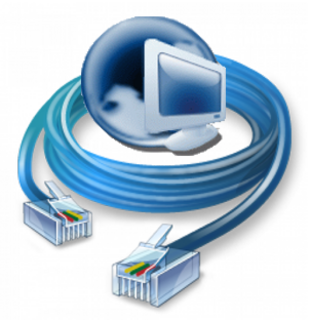Most Commented
Udemy – Program Arduino Like A Professional with Registers





Description material

Udemy – Program Arduino Like A Professional with Registers BOOKWARE-iLEARN
English | Tutorial | Size: 1.06 GB
Programming Arduino is not just for professionals anymore! This course will take you in a step by step guide on how to Program Arduino Like A Professional with Registers. . Within this course you will be introduced to the different registers within the Atmega 328P chip that is used in most hobby projects these days.
Why you should take this course?
Learn how to program Arduino like a professional
Gain a practical understanding of the registers that are used to program in Arduino
You will start with the fundamentals of programming and then dive into the registers
You will learn the basics of programming which include variables, loops, if statements, and functions.
You will build your own circuits to use with the examples in the course.
This course will teach you how to develop your Arduino coding using registers. It will help you Level Up Your Arduino Code with Registers
Welcome to this course.
In this course, you will learn registers, how to interact with them in Arduino, and how to control hardware using them.
In order to use more advanced features or optimize our code for space and speed, we need to understand how to work with registers directly in microcontrollers.
If you're looking to learn more about how your Arduino works, create more advanced projects using things like interrupts, or optimize your code for speed and size, then you'll need to work with registers.
Registers are nothing more than storage containers for data inside a processor or microcontroller. A large portion of registers are simply "general-purpose registers," which are just places that the program can use to store results from calculations. However, many microcontrollers have special function registers that have hardware connections and are usually used for setting up timers, toggling pin voltage, reading analog voltages, and so on.
Special function registers are really what control microcontrollers in the background. Knowing how to use them allows you to control hardware connected to the microcontroller. Arduino IDE and framework provide easy implementation so you don't need to worry about working with registers, which is a good thing and a bad thing at the same time!
On one hand, you don't have to dig through a datasheet and learn all the register names for that microcontroller. The abstraction is perfect if you want to make a project or prototype.
On the other hand, if you are making a product and need your code to be as small and fast as possible, ditching the Arduino framework is often the way to go. If you can reduce the size of your program so that it fits on a cheaper microcontroller, you might save a few cents for each unit produced. Additionally, if you make your program run more efficiently, that may mean less power used and extended battery time!
if you're making a product and you need your code to be as small and fast as possible, learning to deal directly with registers can be very helpful and will help you get rid of the extra code overhead that Arduino introduces.
However, if you're making a project or a prototype and you just need something to work that extra development effort can be quite a pain to learn new registers and register names for your architecture in that case the abstraction layer that Arduino introduces is a wonderful blessing being able to call digital right instead of having to figure out which bits to flip in which register is fantastic all that being said if we want to do more advanced things like setting up interrupts then learning how to deal directly with registers is the way to go we'll talk about that next time we look at leveling up your Arduino code see you then
A lot of information is waiting for you inside this course, join now and start making your own.


Join to our telegram Group
Information
Users of Guests are not allowed to comment this publication.
Users of Guests are not allowed to comment this publication.
Choose Site Language
Recommended news
Commented


![eM Client Pro 9.2.1735 Multilingual [Updated]](https://pikky.net/medium/wXgc.png)



![[PORTABLE] FigrCollage 3.3.6.0 All Editions](https://i.postimg.cc/GmP4fCbR/Figr-Collage-PRO.png)


![Movavi Video Editor 24.0.2.0 Multilingual [ Updated]](https://pikky.net/medium/qhrc.png)

